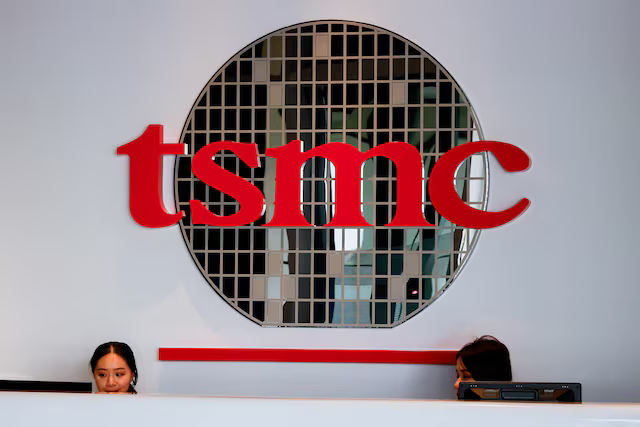The US just tightened another screw on China’s chipmaking ambitions. The Trump administration has revoked TSMC’s “validated end user” (VEU) status for its Nanjing fab, meaning any future US-origin chipmaking tools headed there will need individual export licenses after December 31, 2025.
In plain English: it’s not a ban, but the easy lane is closed—Washington now gets a case-by-case say on what TSMC can bring into China.
TSMC confirmed the change Tuesday, saying it’s talking to the US government and aims to keep Nanjing running smoothly. The company also runs an older-node facility in Shanghai, while all bleeding-edge manufacturing (think Nvidia-class AI accelerators, which can’t be exported to mainland China under US rules) stays in Taiwan and the US Shares of TSMC slipped about 2%, with US toolmakers KLA, Applied Materials, and Lam Research also softer.
The VEU rollback mirrors last week’s decisions on Samsung and SK Hynix, whose China fabs also lost their waiver status. Commerce says it intends to grant licenses needed to maintain existing operations—but not to expand capacity or upgrade tech at Chinese plants. Intel lost its license-free status too, though it already sold its Dalian memory fab to SK Hynix; separately, the US recently agreed to take a 10% stake in Intel.
This lands as US and Chinese negotiators try to stabilize trade relations ahead of a possible Trump–Xi meeting later this year. The administration has avoided sweeping new controls to keep the talks alive, but these targeted revocations give Washington more oversight—especially as Beijing pushes to triple AI-chip output next year.
TSMC has pledged an extra $100 billion for US fab build-out—most visibly in Arizona—as Washington hunts for more domestic capacity and supply-chain resilience. Meanwhile, Samsung and SK Hynix shares slid on their own waiver news, underscoring how fast policy ripples through the sector.
What it means from here:
- Licenses required: Shipments of US tools to TSMC Nanjing now face longer lead times and more scrutiny.
- No easy upgrades: Expect resistance to capacity adds or node jumps at China-based fabs.
- Advanced stays offshore: The cutting edge remains in Taiwan/US, per existing controls.
- Policy volatility premium: With talks ongoing and controls evolving, visibility is low—and multiples for China-exposed chip ops may reflect that.
Washington didn’t slam the door on TSMC in China—but it just installed a very tough bouncer.
Reuters and the Financial Times contributed to this report.










The latest news in your social feeds
Subscribe to our social media platforms to stay tuned